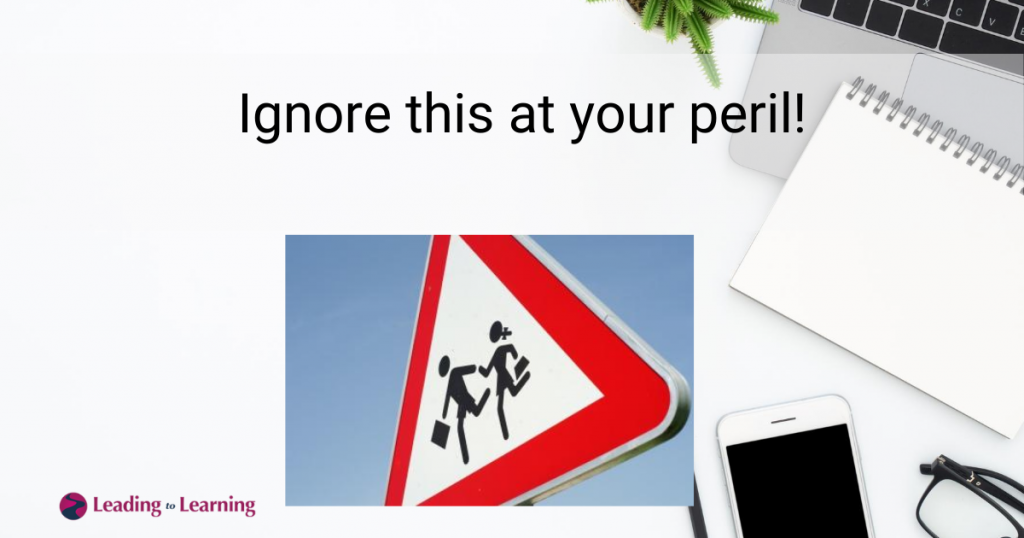There is an epidemic in schools. Don’t panic. It is not contagious. But it is serious.
Research shows that 53% of students underachieve. They are not reaching their full learning potential. They are not going to have the future they are capable of creating.
Students who underachieve are also more vulnerable to depression, drug taking, lawlessness and a host of other social ills.
We are losing over 50% of students to this situation. It really is time to panic.
Underachievement, the inability to be all that you can be causes mental, social and financial problems for individuals, communities and nations.
It’s a BIG problem – right?
Part of the issue is that many parents are unaware of the signs of underachievement as they relate to school work.
Oh, the most obvious signs such as lack of motivation, poor grades, disinterest in school, lack of focus and constant excuses are easy to see – and do something about. Once parents discover the cause of the problem there are many strategies they can use to correct it.
That is what Leading to Learning is all about – helping parents discover WHY their child is underachieving and how to turn the situation around.
When a parents accepts that their child needs help it is not difficult to discover the cause of the problem and use practical proven methods that make a difference.
The BIG problem is when parents do not notice, or accept, or recognize when their child needs help and, as a result, they don’t take the steps to get the help the child needs.
The problem – underachievement – persists and gradually, or not so gradually, gets worse. Children lose ground, they may not actually fail but they never truly succeed.
Over 50% of them!
This situation has to change.
Who is going to make the changes needed to avoid losing all these kids?
Teachers?
That would be nice as they are the first line workers. But there are problems. Classes are large, resources are scarce, curriculum expectations are enormous. Even if teachers had the specialist training they needed to diagnose students’ learning needs they wouldn’t have the time to address each child individually.
I know, I have tried.
When working as a learning assistance teacher with small groups – sometimes as few as five students – it was impossible to find the time to assess every child’s needs and provide them with the specific support they needed.
So, we can’t rely on teachers to get us out of this situation.
- School systems?
I wish. School systems are struggling to meet the needs of students with recognized learning issues and have no extra capacity to help out ‘grey area’ kids or ‘Seed Pod Kids’ as I call them. because they are waiting for the right conditions to burst out of their constraints, grow and blossom.
So, we can’t rely on school systems to help out unless and until they get an ENORMOUS injection of cash and a change of heart about the importance of the curriculum. (Another post coming about this issue – when did you last use Pythagoras’ theory?).
- Tutors?
These can be a good option for parents to choose when they are concerned about their child’s progress. But. Not all tutors are equipped to diagnose children’s learning needs. They often take their direction either from curriculum documents or feedback from parents and teachers. There is nothing wrong with doing this, it is a system that has worked for decades.
But tutoring, however good it is, may not be the only type of support a child needs. They may not be able to get to the cause of underachievement and therefore are limited to what they can do about it.
Tutors help kids learn by giving them ‘more school’ which is great if that is what students need, not so great if kids need a different type of support.
So, we can’t rely on tutors to solve the problem of underachievement.
If tutors, the school system and individual teachers can’t help who can?
You might not want to hear this but the only person left to provide the help kids need is YOU!
You can help your underachieving child overcome learning issues and reach his or her full learning potential. But only when you recognize the signs that tell you that your child is underachieving. And this can be difficult, especially in the early stages. But if you can get your child the help he or she needs as soon as you notice the issue there is a much better chance of turning the situation around quickly and easily.
So what is the first sign that your child is underachieving? The one sign that you ignore at your peril?
It has taken me many years to discover the answer even though it was staring me in the face all the time.
The very first and most important sign that your child is not reaching his or her full learning potential doesn’t rely on in-depth assessments or deep conversations with teachers.
It relies on you acknowledging your feelings. You KNOW when your child ‘could do better’. You have a niggling feeling, or sometimes a not so niggling feeling, that all is not quite right with your child’s learning, with your child’s education.
You KNOW.
You might not want to know, you might not know that you know, you might want to ignore your feelings hoping that things will work themselves out.
But you KNOW.
Trust your instincts. I have worked with hundreds of parents and nearly all of them told me that they thought there was something not quite right many years before their child started to get the help they needed.
I have heard this story so many times, so many different versions, but al with the same conclusion. If these parents had had the courage to trust their instincts and push to get the help their child needed their child might not be struggling to learn now. The problem could have been solved quickly and easily and the child could have a great future.
I don’t tell parents this. It’s too late now to blame anyone. Now is the time to take corrective action before the problem gets even worse.
So please, please, make a teacher’s job easier, make sure your child is not one of the 50% of underachievers, give yourself peace of mind, take action.
Trust your instincts. If you think there is a problem. If you think that your child ‘could do better’ you are right!
The first sign of underachievement starts with you. You know, your instincts tell you that something is not quite right.
Trust those instincts. You know your child better than anyone else. Don’t wait. Act on them as soon as you can before a small learning issue turns into a major learning difficulty.
Please, for all our sakes, trust your feelings.
if you have questions ask me. If you have comments or stories please add them below.






